Racist police on duty every day, ex-inspector says
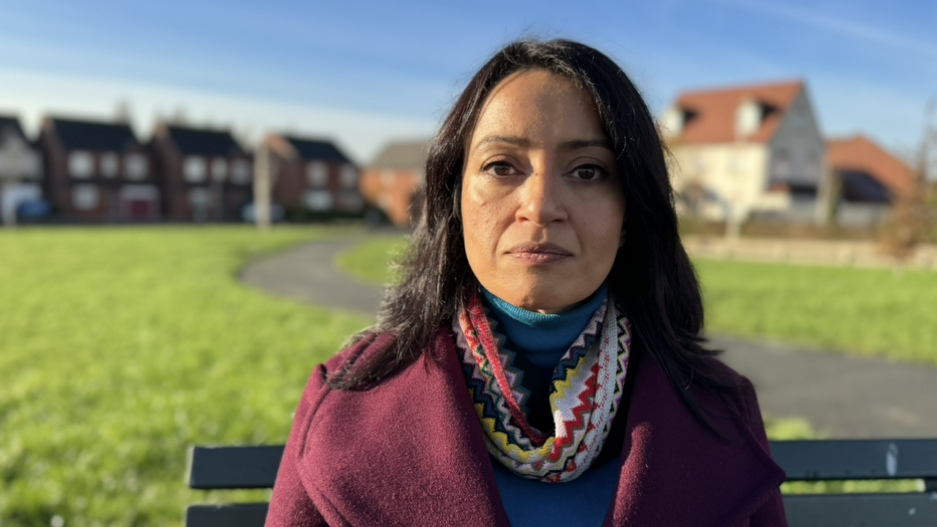
Khizra Bano is taking Chief Constable Craig Guildford to an employment tribunal
- Published
Widespread racism and homophobia exists within West Midlands Police and the force failed to act over multiple serious allegations, a former chief inspector has claimed.
Khizra Bano said staff alleged racist behaviour was taking place on a “huge scale”, including officers asking a black colleague to give a "tribal dance" and telling an Asian colleague after a terror attack: "Your mates have been at it again."
Ms Bano, who is taking the force's Chief Constable Craig Guildford to an employment tribunal, claimed racist officers were on front-line duty every day.
The force said it had made significant progress in "rooting out" improper behaviour and it would defend itself against any unfair allegations of discrimination.
Ms Bano believed she was marginalised after supporting former firearms officer Det Insp Rebecca Kalam, who won an employment tribunal in January. The force denies this.
Ms Bano retired this year after she said her mental health suffered because of what she had been through, also alleging commanders took little action to condemn racism in the force because they did not want to annoy the white male officers.
"The racism of police officers is a threat to public safety and it is the duty of police officers to mitigate against that threat," Ms Bano added.
The force denies the chief constable’s actions were detrimental to Ms Bano’s health, and have asked her to prove injury or loss relating to her claims.
Acting Deputy Chief Constable Claire Bell said: “There is no place for discriminatory attitudes in policing.
“Officers are more confident and better supported to make internal reports, and we are getting better at disciplining and dismissing officers who engage in discriminatory behaviour, or otherwise breach our high professional standards.”
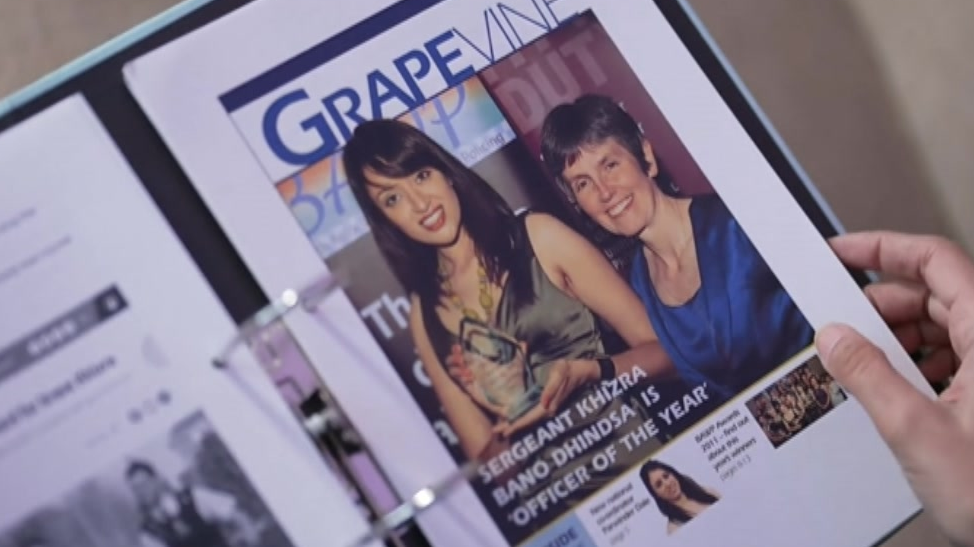
Ms Bano won an "officer of the year" award during her career
Ms Bano's allegations have arisen after she set up a project called Brave Spaces in September 2020, in response to what she saw as polarisation in the force following the murder of George Floyd.
Mr Floyd, an unarmed African American man, was killed in the America in 2020, after he was held down by police officer Derek Chauvin, who was later found guilty of his murder. The case sparked protests around the world.
Brave Spaces enabled officers and staff to share experiences of racism, homophobia and sexism and their accounts were sent to senior managers and the force's diversity and inclusion board.
Allegations included:
A homosexual colleague had their sexuality “outed” on shift when their manager reportedly said “colleagues have a right to know”
The N-word and P-word graffitied in force-only bath and shower rooms
Officers stating “black people all take drugs”
A colleague with a mixed-heritage son being told “you’re lucky he’s not any darker”
Ms Bano said she worked to change behaviour but her recommendations were never introduced.
Over three years, she said one positive outcome was enabling extra scrutiny for black men taken into custody.
When force was used during an arrest, footage from officers’ body-worn cameras was reviewed to check if their behaviour was proportional.
Findings of disproportionate force then triggered a professional standards referral by the force.
Instructions for the Brave Spaces sessions said language deemed as breaching conduct guidelines was not acceptable and would be tackled, a force spokesperson said.
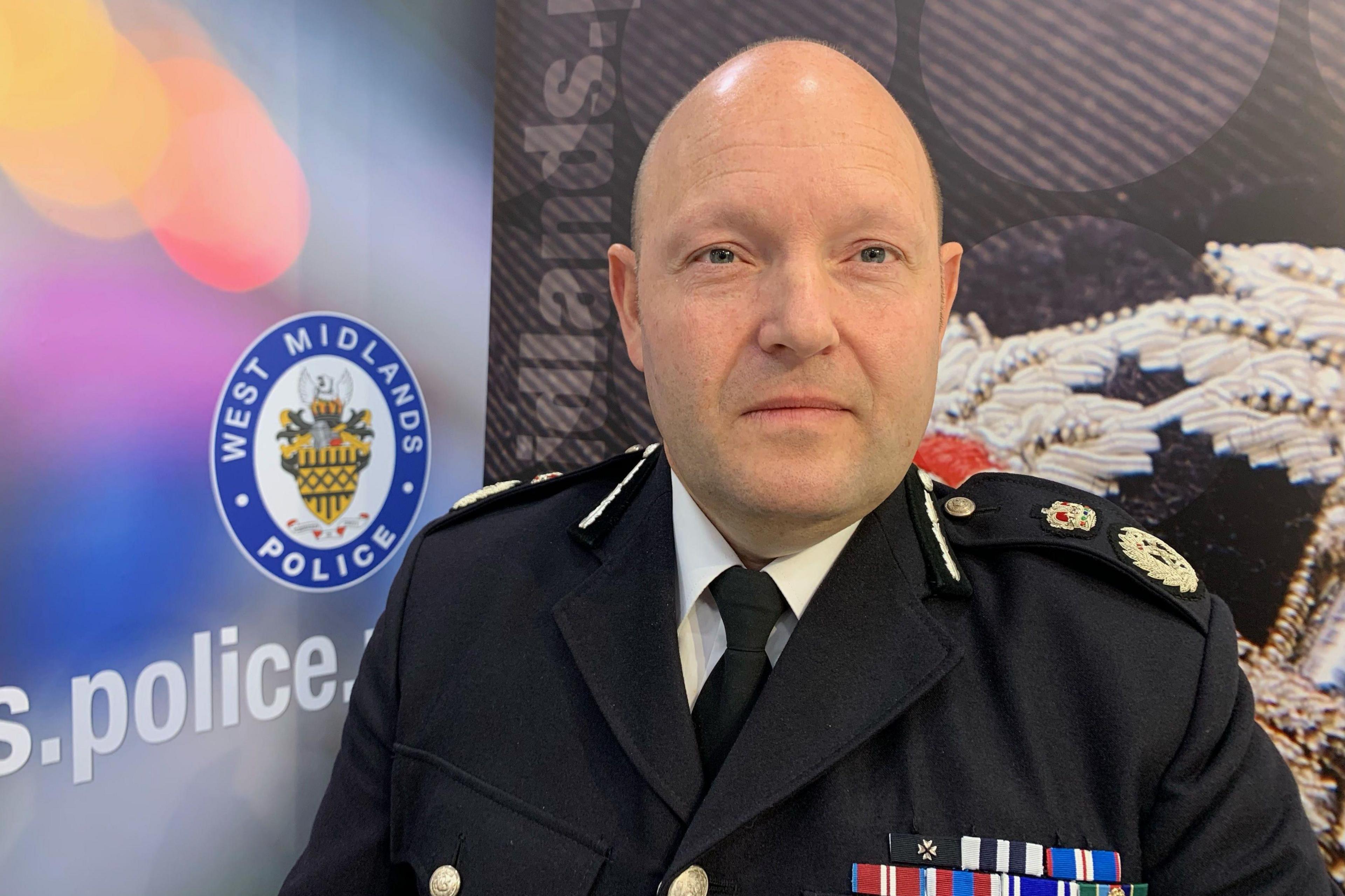
Chief Constable Craig Guildford described Ms Bano's behaviour as "unprofessional", tribunal papers said
In August 2022, nearly two years after Brave Spaces was set up, then Det Insp Kalam approached Ms Bano for support in her tribunal.
Mrs Kalam went on to successfully sue the force over claims of sex discrimination, harassment and victimisation and was awarded £820,720 in January, having retired on medical grounds in July 2023.
Ms Bano supported Mrs Kalam by contacting senior officers about her case, but alleged "ranks started to close".
She said this marked the turning point in her own treatment because senior officers did not respond to her.
However, the force said that, by this point, Mrs Kalam’s grievance had already been the subject of a detailed investigation report.
Ms Bano says support for Brave Spaces was later withdrawn, with the last forum held on 8 March 2023.
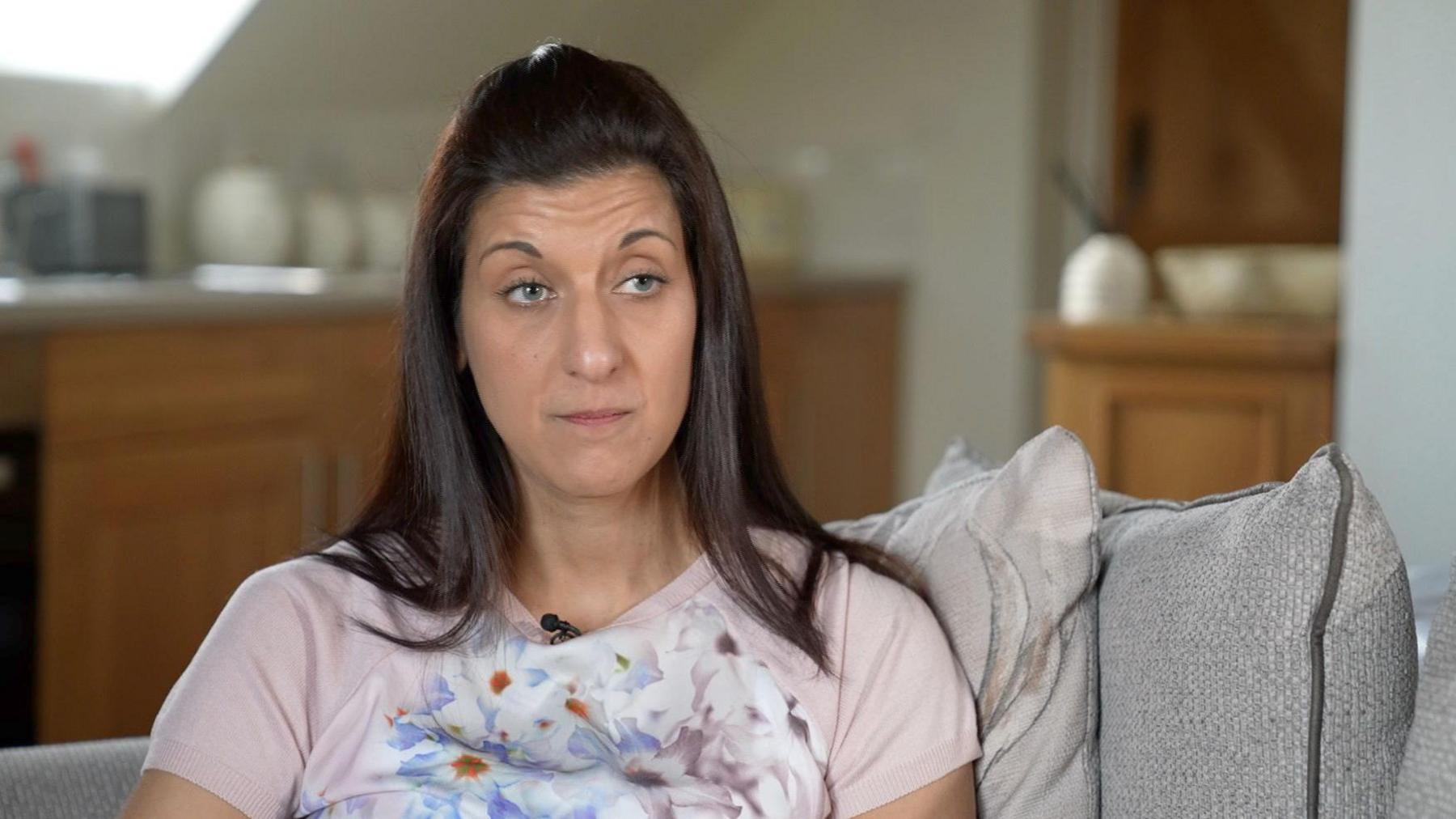
In August 2022, Rebecca Kalam approached Ms Bano for support
Ms Bano detailed a meeting that she and another officer had with the chief constable after that officer had asked her to accompany him during the discussions.
The police said the officer had asked her to attend as he [wrongly] thought he might be “in trouble”.
During the meeting though, Ms Bano said she was told to leave the room by Mr Guildford, who did not offer to shake her hand.
However, Mr Guildford says he did shake her hand, but the reason she was told she should leave was because the meeting was not a disciplinary hearing, so no support was needed for the officer involved.
She also said he asked her male colleague repeatedly: “Is she a police officer?”
There have been other incidents in her career where Ms Bano said she felt her rank had gone unrecognised, but added: "When the chief constable did it, it felt different."
She admitted she told Mr Guildford he had a reputation for being a bully.
'Hostile and disrespectful'
She claimed Mr Guildford said “I’ve just learned you are an autistic person” and subsequently refused to meet with her without a "police friend".
“It is the most minimising thing that anyone had said to me," she added.
As a result of her behaviour in this meeting, Mr Guildford suggested that at subsequent meetings she should bring a fellow employee to support her, which would not be unusual in the circumstances.
WMP said Ms Bano was not in uniform at the meeting and had not met Mr Guildford beforehand, and he did not expect her to be there so did not know who she was.
The force claimed Mr Guildford had explained there was no need for her to attend the meeting and she then shouted at him, told him he had no right to ask her to leave and that his office was West Midlands Police property, that he was a bully, and had made a personally insulting remark.
The police say that because of how Mr Guildford said she behaved and, having been told she had autism, he suggested at subsequent meetings she brought a fellow member of staff with her for support.
Tribunal documents show Mr Guildford later submitted a complaint against Ms Bano, claiming she had been “hostile and disrespectful”.
She remained under investigation for eight months before investigators found there was no case to answer, due to medical grounds.
The force also said there was a two-month delay in obtaining a statement from the officer Ms Bano had been supporting, but the investigation was, nevertheless, reasonably prompt.
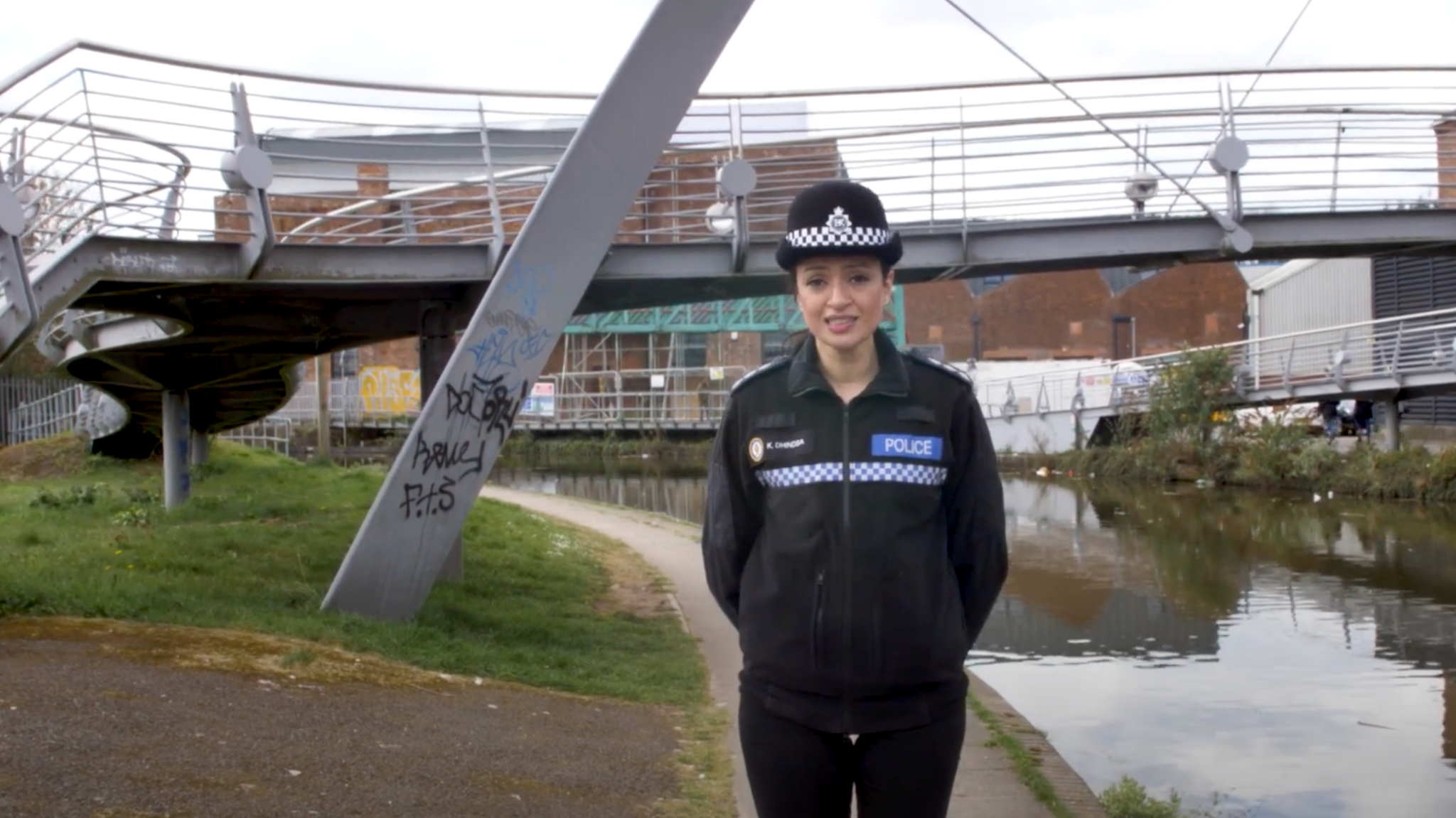
Ms Bano said she loved her job and thought she would be buried in her uniform
Ms Bano now fears what happened to her and Mrs Kalam has set a dangerous tone for the force, sending a message that officers should keep quiet about bad behaviour.
"Whistleblowers are crushed in the organisation. It's about silencing truth-tellers,” she said.
She said it was a tough decision to end her career, applying for ill health retirement in 2023, before she left this year.
"I thought I would be buried in my uniform, I loved my job," she said.
Ms Bano's tribunal, expected to be held in October 2025, includes claims of victimisation, protected disclosure detriment, discrimination arising from disability and harassment related to disability.
Mr Guildford denies all the allegations.
Ms Bano said she had wanted to "fix the bad things", adding that every day "racist police officers are on front-line duty, dealing with the public".
She now wants an apology and a commitment by the force to act on her Brave Spaces recommendations to make real, organisational change.
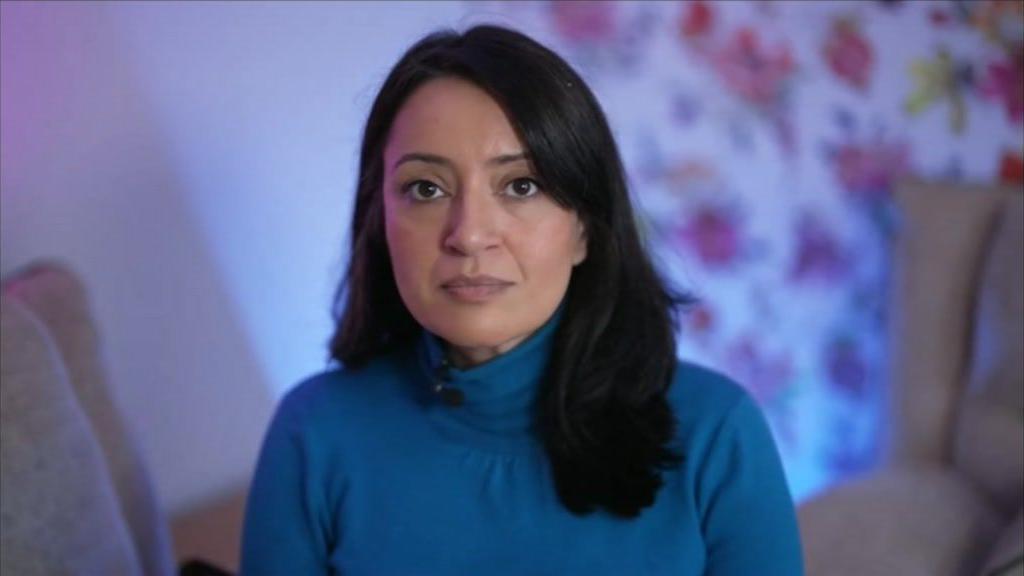
Ms Bano said her and Mrs Kalam's cases showed whistleblowers were being crushed
Ahead of the tribunal next year, Ms Bell said Ms Bano had used sensational language and that other claims of sex and race discrimination had been dismissed by the tribunal and withdrawn.
Claims of detriment and disability discrimination are being responded to.
Mukund Krishna, the chief executive of the Police Federation, said there was no place for such issues in society and they would do everything they could to support their members.
“We will do what we can do and should do to continue supporting Khizra,” he said.
He added it was appalling issues like these existed in this day and age.
Related topics
- Published8 November 2023
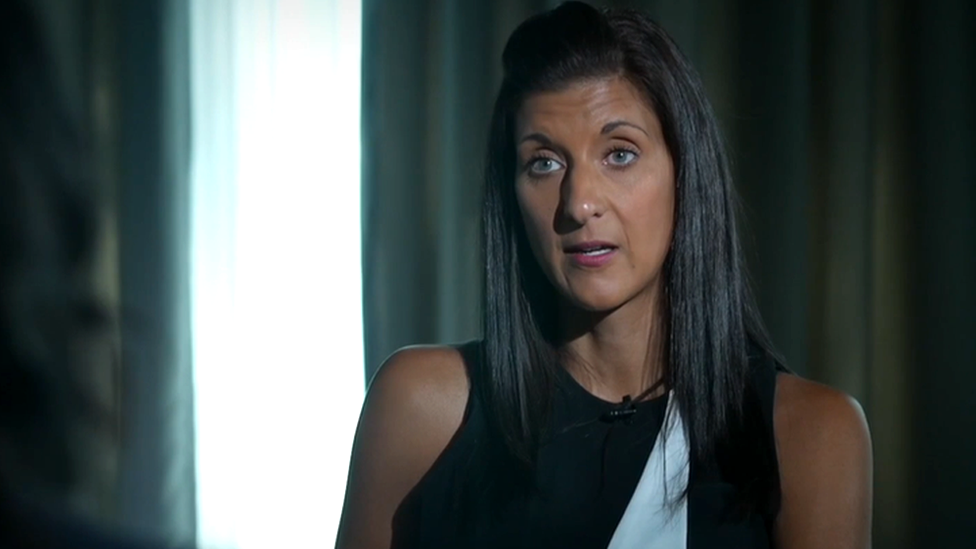
- Published9 January 2024
